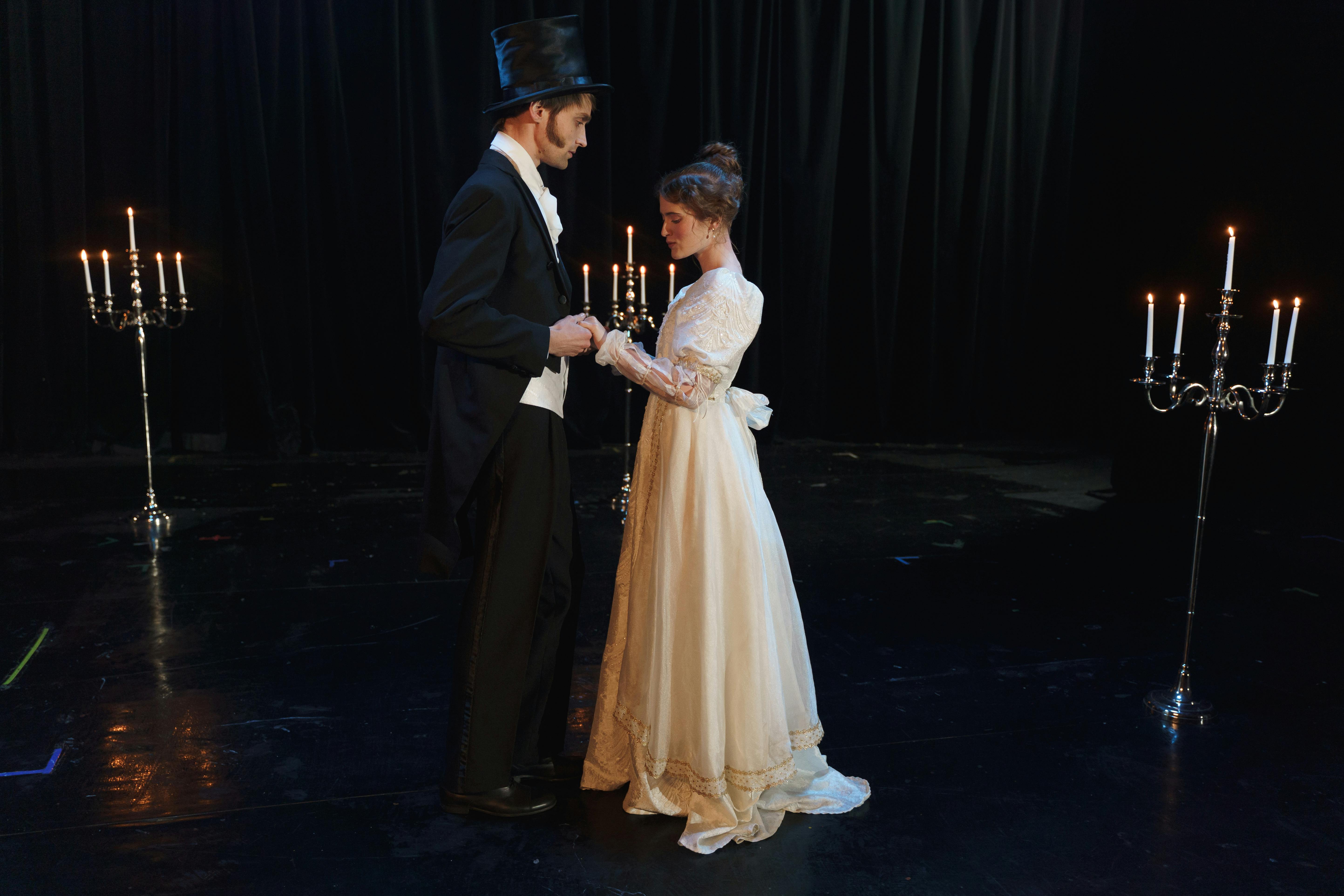We all follow our self-created roadmap in the hope that it will lead us to relationship happiness. Ask? Has following your roadmap led you to unearth relationship treasure? If you haven’t, perhaps a better use would be to help start your next fire. Read on to learn how you can turn your “turn on” into a relationship treasure map.
You may have used Yahoo! Maps or MapQuest to identify the best route to your desired destination. I don’t know about your experiences with these services, but I have been led astray on more than one occasion. Instead of heading where I wanted to go, I’ve found myself at dead ends far too often. What went wrong? The database these services used to create my addresses had faulty information. I, however, believed the instructions to be accurate and therefore did not question them. Sounds familiar?
Earlier, I asked you to think about how successful your relationship roadmap has been in getting you to your desired relationship destination. Now, I’ll grant you that finding your way across town is a little easier than finding the partner of your dreams, but the dynamics of both companies are systemically similar. Consider: Has your roadmap led you to find the partner of your dreams, or has it consistently led you to relationship dead ends? If so, it’s time to throw this flawed atlas aside and create a better one. Here are some easy steps to get started.
1) Challenge every belief you have about relationships that you have stored in your personal database or what I call your “Emotional Library”.
I use the word “emotional” in conjunction with “library” because almost all of the information you have stored in your personal database has an emotional component attached to it. For example, think about your first kiss. Along with the information you stored about how to manipulate your lips, you also stored information about the emotions you experienced while kissing. That is, you stored general basic ideas about the act of kissing (i.e. how hard you should press your lips together, how far you should open your mouth, etc.) along with how it felt emotionally (i.e. your heart can having been racing, goosebumps may have appeared all over the body, etc.). These two elements, basic descriptive information and emotional context, were combined to create his own knowledge about kissing, which he then stored in his Emotional Library. As you thought about this kiss, you may even have re-experienced some of the emotions you felt that day.
Now think about the first time you learned about Algebra. Unless you have a math phobia or a passion for learning new math equations, you’ll probably have a harder time retrieving information about your emotional state, in this case. This does not mean that one emotional component is more important than the other. Rather, it points out that there is a wide range of knowledge, some of which will be easy to locate, while other information will be more difficult to access.
As you can see, as you explore your knowledge base, it will be very important that you look at the factual information you have stored (the sky is blue), as well as its emotional component (the blue sky makes me feel happy). Why is this important? Consider this: The reason you’re scanning your Emotional Library is to locate false and misleading information, information that you mistakenly believe is helping you successfully navigate life and create the relationship of your dreams. Once you have located this inept knowledge, you can replace it with useful and productive knowledge that leads to positive personal change. But first, it is very important that you realize that if you do not manage to get rid of both components of false knowledge (factual and emotional), you will not be able to create new useful knowledge and, therefore, another roadmap that will lead you to another. relationship. dead end. So, take a moment to write down your morals, values, and beliefs about relationships. Ask yourself, “What knowledge works for me and what information doesn’t?” It is paramount that you find the false and misleading information and remove it!
2) If it looks like water and tastes like water, it’s probably sand!
You’ve probably seen a movie where a poor soul crawls, weak from lack of food and water, across the desert floor. Desperate and hopeless, this lost traveler looks up and, to his amazement and delight, sees a body of water 20 meters away. His prayers answered, he musters what little strength he has left and staggers swiftly toward rejuvenation. As he gets closer, his feet kick faster with excitement. At the water’s edge, he leaps into the air, hands out in front like an Olympic diver, and dives in. . . a face full of sand. There was never any water. It was an illusion, a mirage. It wasn’t real, but his mind believed it was real. The man desired water so much that the need to acquire water became the predominant thought in his mind, so much so that his mind finally created the illusion of water, if only to provide temporary relief from the unbearable agony. of the. Now, very discouraged, our nomad is resigned to assuming that he will die. Once again, he falls to the desert floor and resumes the slow crawl of him. Does this reflect his relationship history in any way? Sometimes you can feel so lonely that his mind will trick you into thinking that your relationship roadmap has led you to relationship utopia. When in reality, one has fallen in love with a mirage of relationship. He watches out for relationships that move too fast and seem too good to be true. Make sure you nurture and love yourself before you try to love and nurture another. If you expect others to give you what you are not willing to give yourself, you will be eating a lot of sand.
3)Avoid the familiar path.
Human beings are naturally drawn to the familiar. And our self-authoring roadmaps have a lot to do with it. Think back to one of your bad breakups. You were really upset for a while and then you started to feel better. Once she felt like her old familiar self again, she picked up her faulty roadmap, said, “Things will be different this time,” and began another painful journey. This pattern develops in several ways. You find a new person to date, while telling yourself that this new person is “different” from all the girlfriends or boyfriends you’ve dated in the past. Well, unsurprisingly, this turns out to be a relationship mirage, and after quickly jumping into bed and connecting emotionally too quickly, she finds that things haven’t changed at all. In fact, this “new love” is very familiar and resembles the “old love”. To your surprise or horror, this girlfriend or boyfriend displays many of the same characteristics, weaknesses, and mannerisms as all of your exes. Once again, you find yourself drowning in sand. Therefore, she seeks to date someone who is not “your type”. Try something new and remember to constantly review the new insights you are using to create your new Roadmap to Relationship Happiness.




